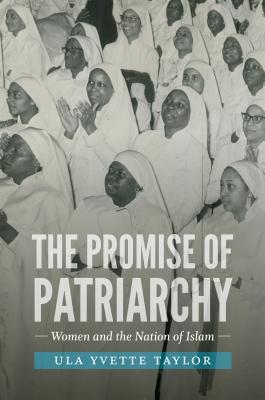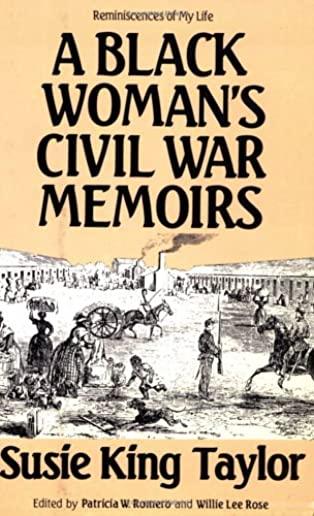
description
5The patriarchal structure of the Nation of Islam (NOI) promised black women the prospect of finding a provider and a protector among the organization's men, who were fiercely committed to these masculine roles. Black women's experience in the NOI, however, has largely remained on the periphery of scholarship. Here, Ula Taylor documents their struggle to escape the devaluation of black womanhood while also clinging to the empowering promises of patriarchy. Taylor shows how, despite being relegated to a lifestyle that did not encourage working outside of the home, NOI women found freedom in being able to bypass the degrading experiences connected to labor performed largely by working-class black women and in raising and educating their children in racially affirming environments.
Telling the stories of women like Clara Poole (wife of Elijah Muhammad) and Burnsteen Sharrieff (secretary to W. D. Fard, founder of the Allah Temple of Islam), Taylor offers a compelling narrative that explains how their decision to join a homegrown, male-controlled Islamic movement was a complicated act of self-preservation and self-love in Jim Crow America.
Telling the stories of women like Clara Poole (wife of Elijah Muhammad) and Burnsteen Sharrieff (secretary to W. D. Fard, founder of the Allah Temple of Islam), Taylor offers a compelling narrative that explains how their decision to join a homegrown, male-controlled Islamic movement was a complicated act of self-preservation and self-love in Jim Crow America.
member goods
No member items were found under this heading.
Return Policy
All sales are final
Shipping
No special shipping considerations available.
Shipping fees determined at checkout.







